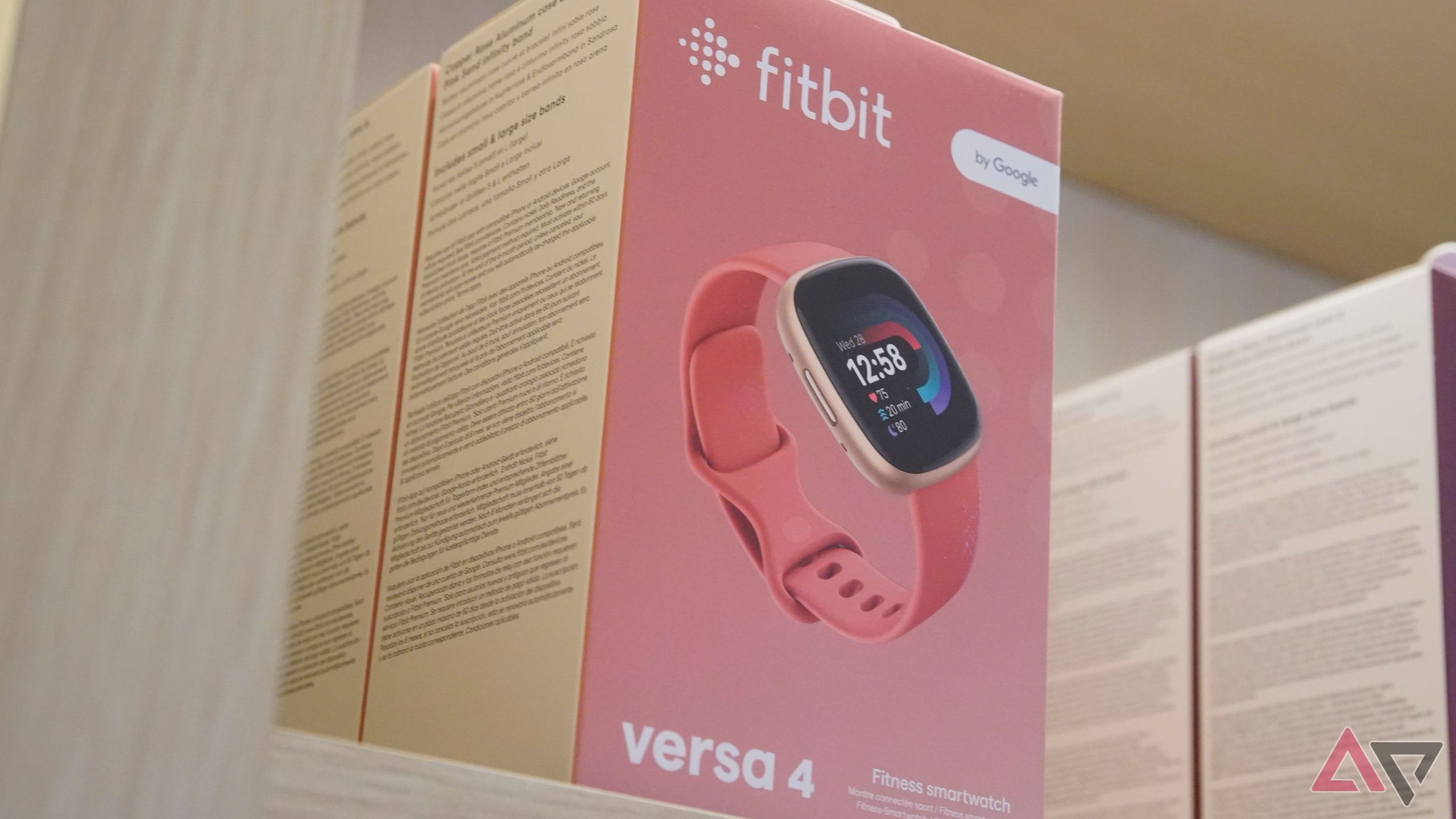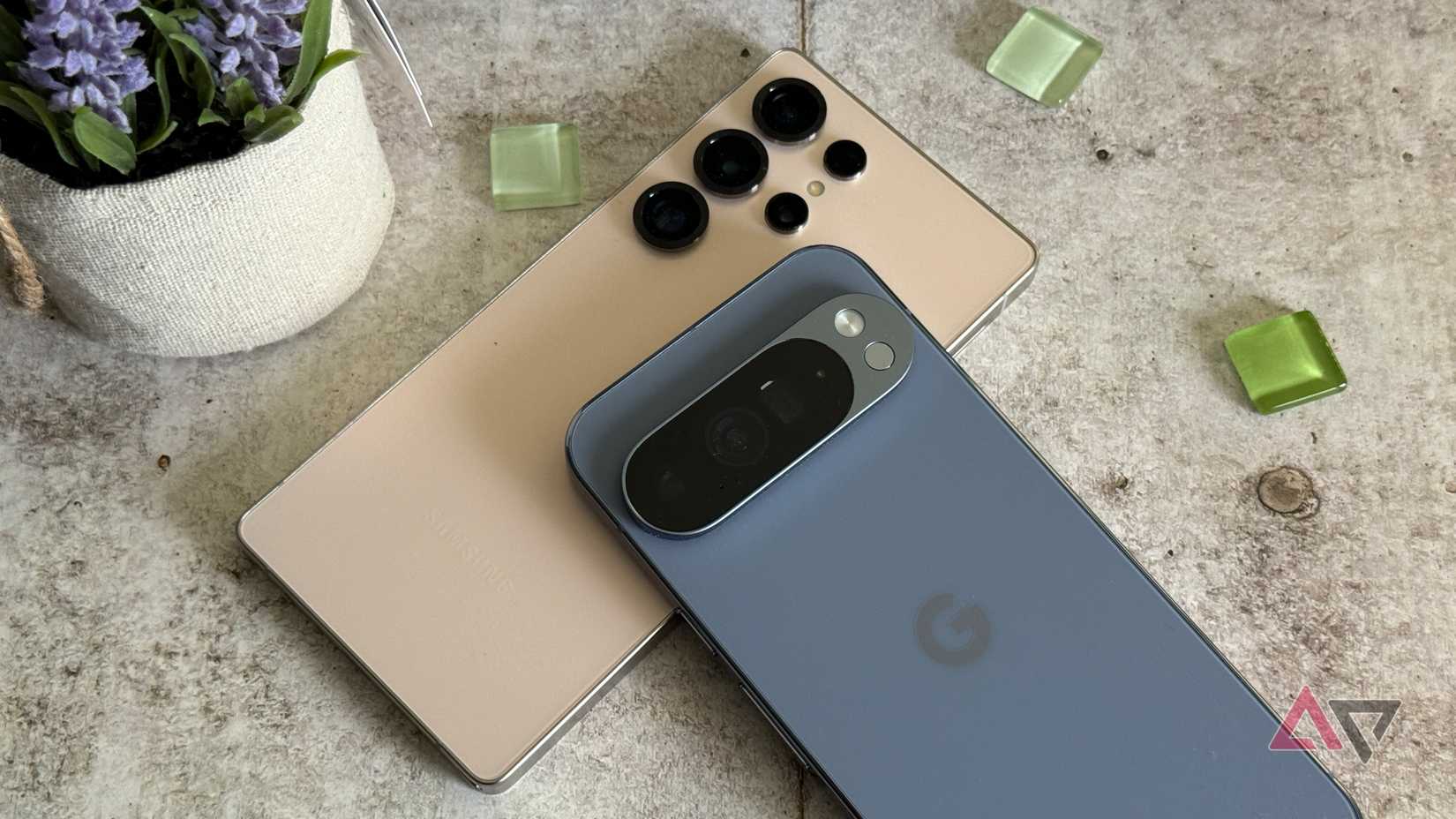Did anyone tell you that watching TV before bed is a terrible idea? They weren’t wrong. It is still good advice, but it is somewhat outdated. Pre-dating before OLED and non-smart TVs dominated the market, there wasn’t much to do with your TV unless you plugged in a streaming device. But now TVs have evolved beyond just hardware. Smart TVs have software baked in that lets you access a whole list of options, including apps and settings.
Historically, watching TV was considered bad for your eye health and disrupted melatonin production via blue light exposure. Now, modern smart TVs are equipped with blue light filters to help lessen the adverse effects of blue light emissions — a primary contributor to sleeping issues. While it depends on what you do with your smart TV, they can be used to promote better sleeping habits, whether with apps or changing your programming or settings; there’s plenty more you can do than just binge on your favorite show.
Why does watching TV before bed disrupt your sleep patterns?
When looking at an improperly filtered screen, you expose yourself to blue light emissions. Blue light can suppress melatonin production, the hormone that regulates sleep. It can also cause you to develop bad habits, enabling you to stay up later and keeping you engaged longer than you should. Even though this is all true, time spent on a smart TV can still bring benefits, which we break down in our list.
Using a smart TV as a sleeping aid may not suit everyone. If it doesn’t work for you and disrupts your sleeping schedule more, we advise you to look for alternative solutions that don’t involve your smart TV.
6
Using a smart TV can bring comfort
Relax the mind before sleeping
Has anyone ever told you to “keep yourself busy” to prevent your anxiety from spiking? Life is stressful, and we deal with many hurdles and worries daily. But when it’s time to sleep, sometimes, we spend time reflecting and become consumed by our fears. Bedtime is when we should wind down, but it doesn’t always happen. Sleep insomnia contributes significantly to poor sleeping habits. It can disrupt the schedule and cause sleep debt.
In such cases, it’s hard to tell yourself to stop feeling anxious, so a healthy distraction helps. You don’t have to watch TV to settle your thoughts, but you can use it to relax yourself. There are decent apps (Calm is great and works on Apple TV and Samsung) with guided meditations, and if you want a free option, browse YouTube (be mindful of ads).
5
Smart TVs can reduce mental stimulation
Turning off the brain is key to getting a good night’s rest
You’ve probably stayed up late into the night after reading a book you couldn’t put down, or you’re parked comfortably in bed with a gaming handheld. Unfortunately, staying up late defeats the purpose of improving your sleep. Even if those activities are fun, you’re not doing yourself any favors by keeping your brain active at night. On the other hand, what’s not always brain-stimulating is watching TV.
Due to its passive nature, watching TV can lead to mind-numbing effects, though watching it in excess can actually be unhealthy and not advised. If you’re habitually doing it to get your brain to settle after a long day of work or school, it’s not a bad idea to indulge lightly.
4
Your smart TV can add white noise
Focus your attention elsewhere
SleepFoundation defines white noise as a specific type of broadband sound that includes all the audible frequencies. Studies have shown that white noise can have therapeutic effects, such as reducing infant crying, improving workflow and concentration, and even positively affecting human sleep.
Your smart TV can produce white noise through static or replicate it using Ambient mode (Samsung QLED TVs have this built-in). Ambient mode reproduces white noise by displaying patterns and designs that resemble static. If you don’t have this feature, you can install a smart TV app (‘White Noise’ by TMTSOFT, for example) that does this or select a YouTube video that replicates it.
You can set your smart TV to turn off at a particular time to avoid leaving it on all night.
Listening to white noise while trying to sleep or settle in bed should help you calm your mind and stay focused. It’s also convenient to help mask noisy environments (for example, if you live with a roommate or have disruptive neighbors). Studies have also indicated that other noise types, like pink and brown noises, might work better if you find white noise less helpful.
3
Use your smart TV to play familiar sounds
Listening to raindrops is soothing
While smart TVs might not be the first choice for playing sounds, they are certainly a good option for helping you fall asleep. A calming auditory environment can help promote relaxation and mask distractions (similar to white noise). You can install apps that play gentle sounds, like listening to ocean waves or birds chirping in nature. If you own a Samsung TV, check out the Nature Relaxation app or download a general soundscape app from your smart TV’s apps page. Some channels offer dedicated 24/7 relaxing sounds (Roku has one, for example). Amazon also has one for Fire TVs with over 2000 natural sounds and calming music, but it requires a subscription.
2
Smart TVs provide a better screen-viewing alternative
Take the lesser of two evils option
While blue light emission is generally not good when trying to fall asleep, it is fine if you have it under control. Smart TVs have less concentrated blue light emissions than phones and tablets.
The optimal solution to lessening exposure is to turn off your device completely and avoid ‘doom scrolling.’ However, it might already be baked into your routine to do something before bed to keep your mind from wandering. So, a smart TV might be better than the more lethal alternatives like your tablet or phone. Plus, it’s nice to browse apps on a larger screen sometimes.
1
Using a smart TV before bedtime develops a habit
Enforce a sleep schedule with apps and programs
Yes, sometimes, the trick to improving your sleep pattern is to enforce a habit. Some claim reading right before bed helps them fall asleep, while others prefer listening to podcasts. If watching TV or perusing an app brings you comfort, then it might be the trick to help you fall asleep. Falling asleep is a major issue. It is one of the reasons why someone has poor sleep; the other is staying asleep.
SleepFoundation mentions that it should take someone less than 20 minutes to fall asleep. Unfortunately, we can’t command ourselves to do it. That’s where creating a habit is essential, sometimes called sleep hygiene by experts.
It’s similar to how bedtime mode functions on smartphones; we set a daily schedule and try to follow it, helping us enforce a routine for promoting healthier habits. We can do the same with our smart TVs. Choose the activity, and then set a timer. Eventually, if the habit sticks and helps us fall asleep, our sleeping habits will show signs of improvement.
Still can’t sleep? Use apps to help monitor your screen time
You might not notice the difference between using your smart TV or phone. A screen is still a screen; sometimes, the answer is less exposure (or complete removal of it). Digital well-being settings on your phone can give you insight into what you’re doing and how to do it less. Otherwise, consider installing some apps that monitor your screen time.









